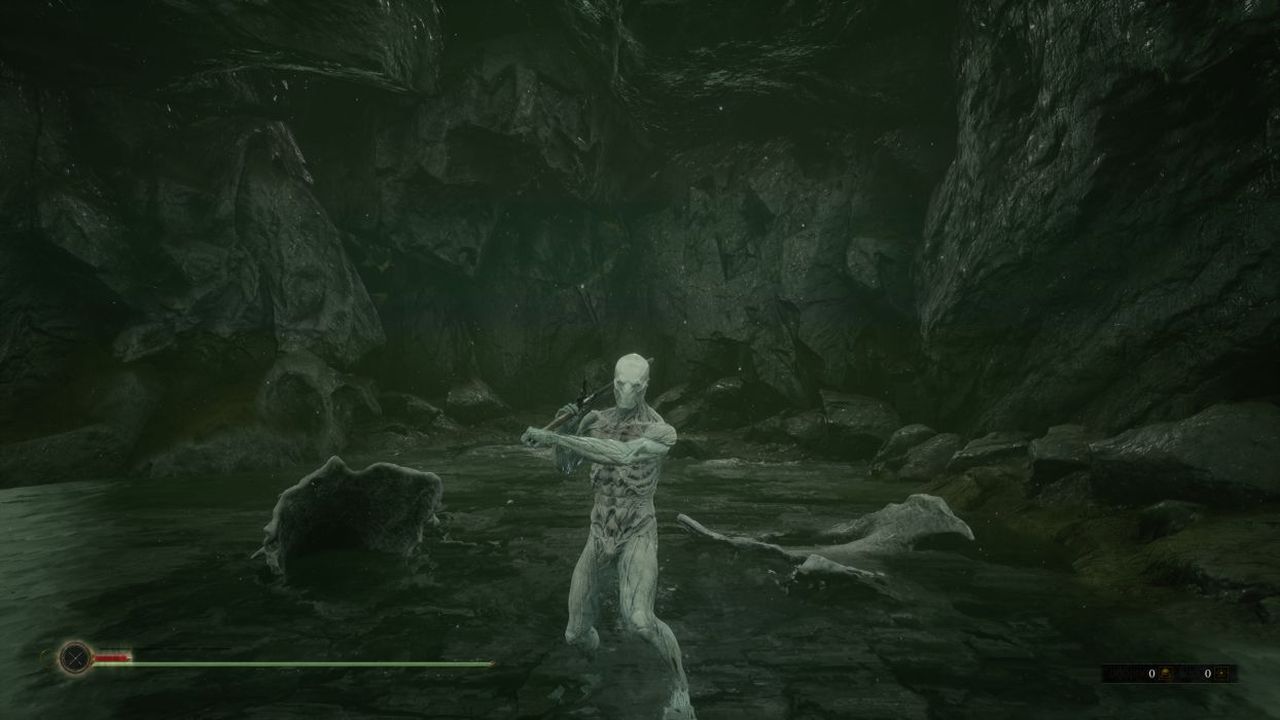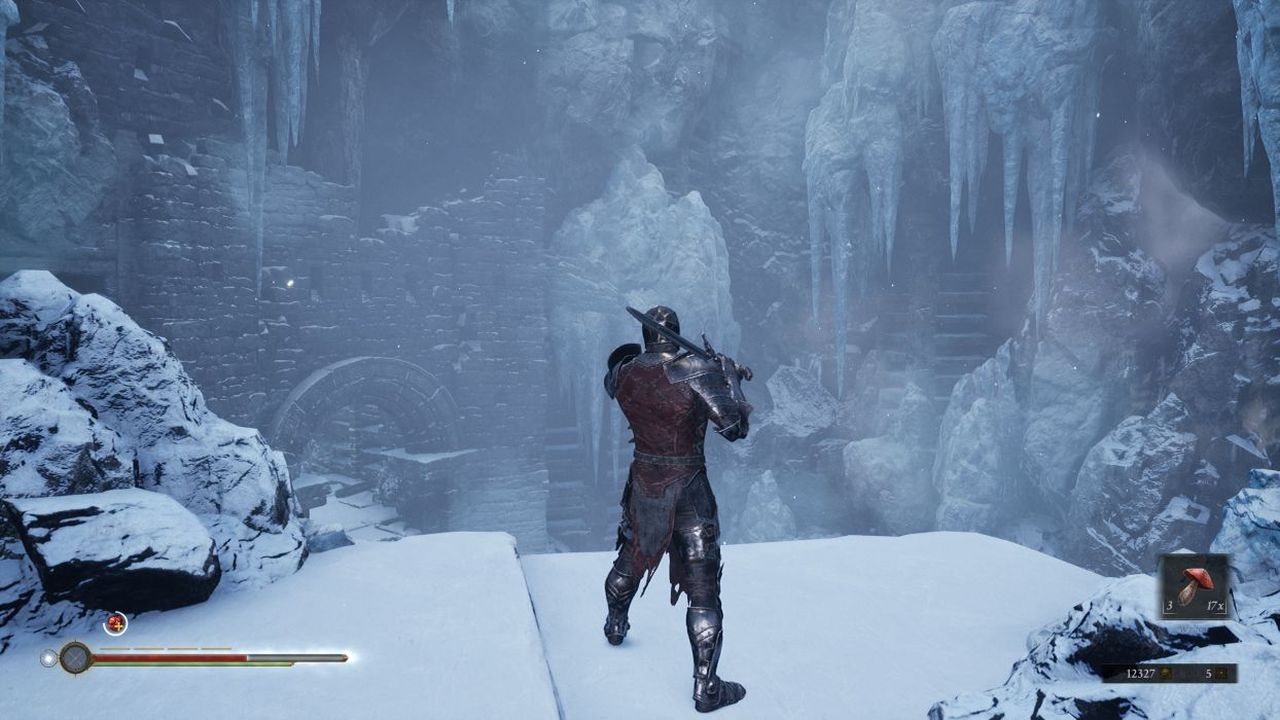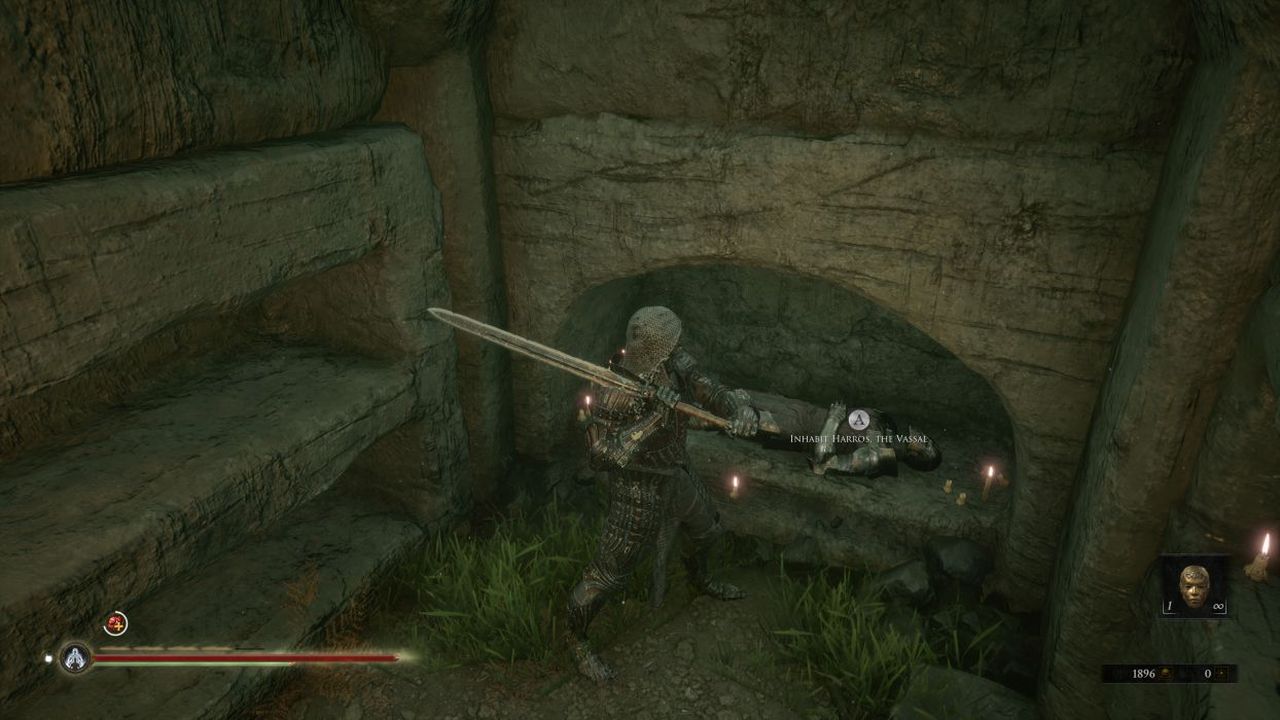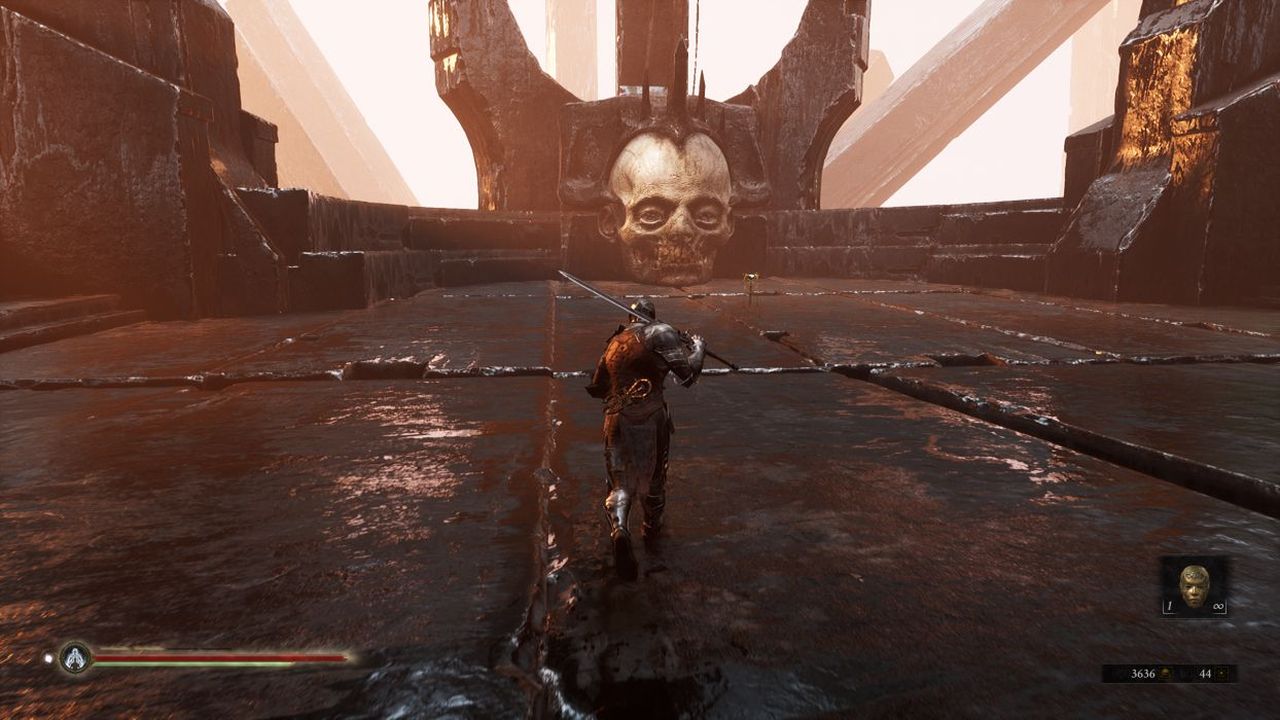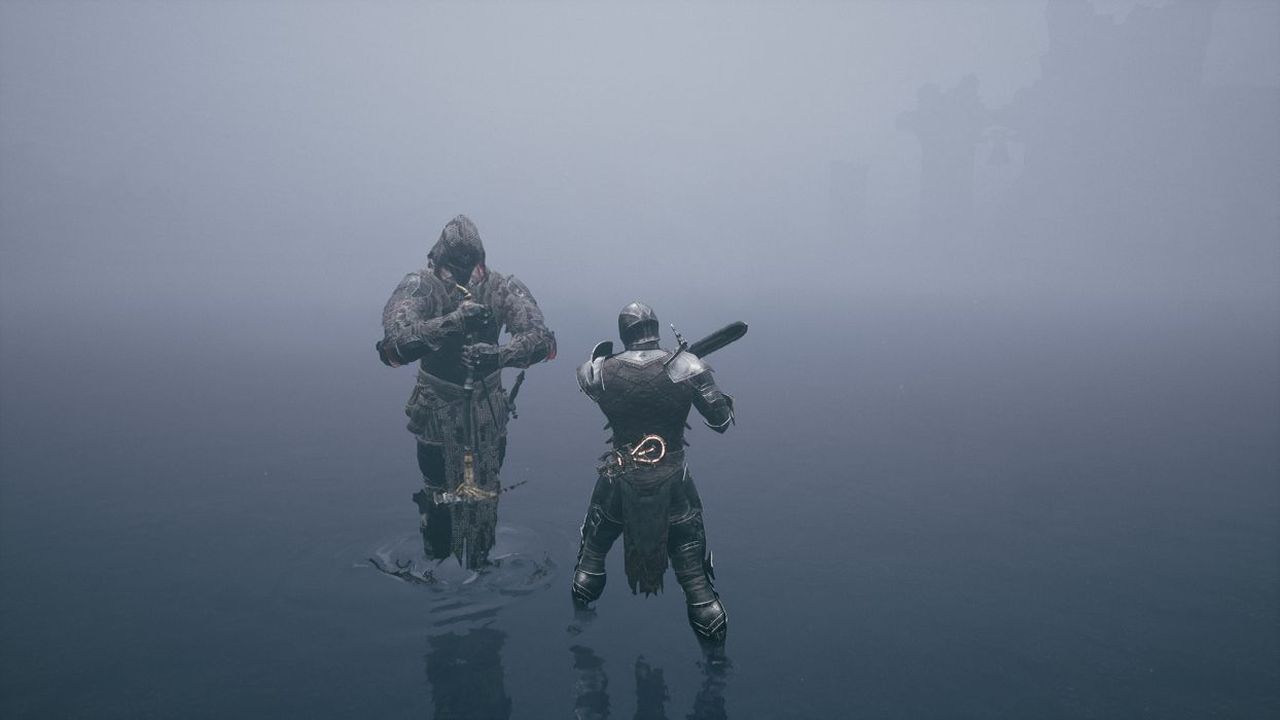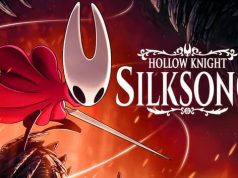Estimated reading time: 8 minutes
Diving into Mortal Shell felt like stepping into a familiar, fog-shrouded land, yet one with a distinctly different rhythm. Developed by Cold Symmetry, this title doesn’t shy away from its inspirations – the challenging combat, the oppressive atmosphere, the cryptic lore, it’s all woven into its fabric. But Mortal Shell isn’t just another clone; it introduces a core mechanic so central and unique that it fundamentally changes the way you approach encounters. It’s a game that earns its place in the Souls-like pantheon, even if it doesn’t quite reach the lofty peaks of the genre’s titans.
The Shell System: Wearing Your Defenses
The absolute standout feature, the thing that defines Mortal Shell, is its Shell system. You start as a frail, spectral being known only as the Foundling. To survive the hostile world of Fallgrim and beyond, you need to inhabit the bodies – the shells – of fallen warriors. Think of them as different classes or starting builds, but intrinsically tied to the lore and your moment-to-moment gameplay.
There are four distinct shells to discover throughout the game, each with its backstory hinted at through fragmented lore, unique stats (health, stamina, resolve), and a dedicated skill tree you can invest in using Tar (the game’s ‘souls’) and Glimpses (a secondary currency). Finding a new shell feels significant; it’s not just a new set of armor, it’s a whole new way to potentially play the game.
The first shell you’re likely to find, and the one I ended up using for my entire playthrough, is Harros, the Vassal. I recall the transcript mentioning a ‘Hardener’ shell, and Harros fits that bill perfectly with his balanced stats and abilities focused on the game’s other signature mechanic: Hardening. Honestly, Harros felt so capable and versatile that while I experimented briefly with the other shells – Tiel (high stamina, low health), Solomon (high resolve for weapon skills), and Eredrim (massive health pool, low stamina) – I always found myself drawn back to the reliability of the first. For me, Harros provided more than enough capability to conquer everything the game threw my way.
Upgrading a shell feels rewarding. You unlock perks that might enhance your hardening, increase familiarity gains with weapons, or grant passive benefits. It adds a layer of progression beyond simple stat increases, letting you tailor your chosen shell somewhat to your playstyle.
Combat: Harden, Strike, Survive
Mortal Shell’s combat loop revolves heavily around the Harden ability. At almost any time – mid-swing, mid-dodge, while recovering – you can instantly turn your character to stone. This hardened state absorbs the next incoming hit completely, often staggering weaker foes and allowing you a crucial moment to reposition or counter-attack. After the initial hit absorption, the effect lingers briefly, offering some damage reduction for subsequent blows if you’ve unlocked certain perks.
This mechanic replaces the traditional block or relies less heavily on parrying (though parrying exists and is tied to the Resolve meter for powerful ripostes). Mastering the timing of Harden is crucial. It’s not just a defensive panic button; it’s an offensive tool, allowing you to absorb a hit mid-combo and continue your assault without interruption. It encourages aggressive play but demands careful resource management, as Harden has a cooldown. Learning enemy attack patterns to know when to Harden for maximum effect becomes the core combat puzzle.
Weapons in Mortal Shell: Few but Focused
Complementing the Shells and hardening system are the weapons. There are only four main choices, but each feels distinct. I spent most of my time with the Hallowed Sword, a versatile greatsword that felt like the most ‘standard’ Souls weapon – good reach, decent speed, satisfying impact. You can use it one-handed or two-handed. Since Harden acts as your shield, there’s no traditional shield to equip, which pushes players into a more active, aggressive defensive style.
The Smoldering Mace offers slow but staggering power. The Martyr’s Blade delivers icy, heavy swings with significant weight. The Hammer and Chisel provides rapid, agile attacks that work well with stamina-rich builds like Tiel. Each weapon has light and heavy moves plus a unique Resolve-based skill. Despite the small number, every weapon encourages experimentation and has its own synergy with specific Shells.
There’s a strong melee focus with almost no ranged options, which reinforces the tight, close-quarters combat design. The system is smaller in scale than genre giants but tightly designed and distinct in feel.
Difficulty and Accessibility: A Gentler Introduction?
Compared to the brutal heights of FromSoftware’s recent offerings, Mortal Shell presents a gentler, though still significant, challenge. Bosses have learnable patterns, and the Harden mechanic provides a substantial safety net once mastered. I found myself defeating most bosses within a handful of attempts, a far cry from the hours spent banging my head against certain walls in other Souls-likes. The enemy placement can be tricky, and navigating the world has its hazards, but the core combat, once understood, feels manageable.
This makes Mortal Shell a potentially good entry point for players curious about the genre but intimidated by its reputation. It teaches core concepts like stamina management, attack patterns, and environmental awareness without being overly punishing. However, its overall polish and visual presentation might not grab you as quickly as Lies of P. That game offers a smoother experience with stronger visuals. But Mortal Shell’s unique mechanics could resonate more with certain players. It’s a trade-off. For newcomers, I’d still recommend Lies of P first due to its clear progression and visual quality. Mortal Shell, however, is a solid and slightly less demanding alternative. Souls veterans might find the difficulty lower, but the Shell and Harden systems still offer engaging depth.
World and Atmosphere: Familiar Fog and Decay
Visually and atmospherically, Mortal Shell treads familiar ground. The world of Fallgrim is a decaying, swampy, perpetually overcast landscape filled with grotesque enemies, ruined architecture, and hidden pathways. It effectively captures that signature sense of melancholy and oppression common to the genre. The enemy designs are suitably creepy, and the various environments, from the central swamp hub to obsidian temples and icy caverns, offer decent visual variety.
However, the visuals haven’t aged perfectly. While competent, they lack the detail and fidelity of more recent, higher-budget titles. Textures can occasionally look muddy, and the overall color palette is quite muted. It’s atmospheric, yes, but not breathtaking in the way Elden Ring or Demon’s Souls Remake can be. It gets the job done, creating a hostile and unwelcoming world, but it doesn’t push any visual boundaries.
Navigation can also be a bit confusing. The world design is somewhat labyrinthine, and the game doesn’t hold your hand. This is standard for the genre and part of the appeal for many, encouraging exploration and discovery. However, there were moments, as mentioned in the transcript, where progression felt obtuse. I didn’t accidentally finish the game early, but I can see how the cryptic nature of objectives and NPC interactions could lead to confusion or missing key paths. The game uses shrines (Sester Genessa) as its bonfire equivalents, where you upgrade skills and respawn enemies.
The sound design is solid, with weighty weapon impacts and unsettling enemy noises. The music is generally understated ambient tracks, punctuated by more dramatic boss themes. Nothing stood out as truly exceptional, though the transcript’s mention of a RuneScape-esque tune played on a lute-like instrument did ring a bell – a quirky, memorable moment in an otherwise somber soundscape.
Is It Worth Your Time?
Mortal Shell occupies an interesting space. It’s an ambitious indie title that successfully introduces genuinely unique mechanics into a well-trodden genre. The Shell and Harden systems are compelling and refreshingly change the combat rhythm. It’s challenging enough to satisfy the Souls’ itch but accessible enough not to completely deter newcomers.
However, it’s not without its flaws. The limited weapon and shell variety might feel restrictive compared to larger titles. The visuals are functional but dated. The world design, while atmospheric, can sometimes be confusing. As noted in the discussion, getting it for free (as it was on Epic Games) or heavily discounted makes it an easy recommendation. At full price (around €20-30), the value proposition depends on the player.
For absolute newcomers, it’s a decent, less punishing entry point, though perhaps less polished than Lies of P. For Souls veterans who have played everything else? It’s worth experiencing for its unique mechanics alone. It might not have the depth, polish, or epic scale of a FromSoftware game, but Cold Symmetry delivered a focused, inventive, and ultimately enjoyable Souls-like experience that confidently carves out its own identity. It’s a testament to how core design innovation can elevate a game beyond its budgetary constraints.
Where To Buy Mortal Shell?
Steam (PC): Available on the Steam Store
PlayStation (PS4/PS5): Buy on the PlayStation Store
Xbox (Xbox One/Series X|S): Get it on the Microsoft Store
Epic Games Store (PC): Download and Buy Today

